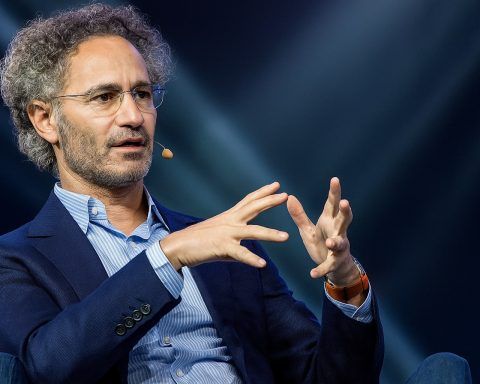
Dark
Light
Today: 12 December 2025
Browse Tag
controversy

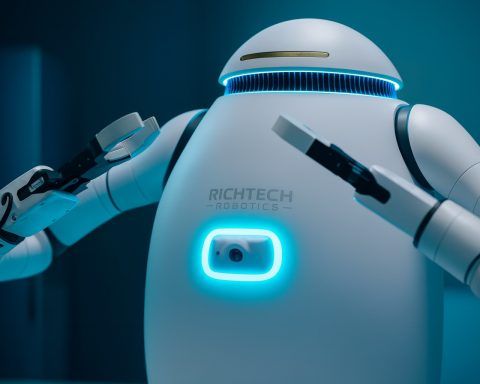
Richtech Robotics (NASDAQ: RR) Deep Dive — Why This Small‑Cap Robot Maker Is Turning Heads and Stirring Controversy in 2025
Key Facts (as of 6 Oct 2025) Company Overview Founded in Nevada and headquartered in Las Vegas, Richtech Robotics Inc. designs and sells AI‑driven service robots for hospitality, retail, healthcare and industrial clients. It is an early mover in Robots‑as‑a‑Service (RaaS), offering robots on
6 October 2025

YouTube TV Sparks Outrage by Blacking Out Univision Channels
Background: YouTube TV and TelevisaUnivision YouTube TV is Google’s cable-like streaming service (roughly 9–10 million U.S. subscribers thedesk.net expressnews.com). Its base package includes major English and Spanish broadcast networks. Univision is the flagship U.S. Spanish-language network of TelevisaUnivision, the Miami-based media
1 October 2025

Fortnite Pulls ‘Peacemaker’ Dance Emote Over Nazi Symbol Concerns – Fans Outraged
Background: Fortnite’s Peacemaker Crossover Fortnite frequently adds pop‑culture crossovers in its Item Shop. In mid-September 2025 it launched a DC Comics collaboration featuring Peacemaker (the James Gunn TV series starring John Cena). The bundle included a Peacemaker character skin, Eagly
28 September 2025

AI Weekend Shockwave: Breakthroughs, Backlash & Big Moves (Aug 30–31, 2025)
Corporate Announcements and Industry Moves Meta’s AI Strategy – Build, Buy, or Partner Meta Platforms pursued multiple routes to boost its AI offerings. It signed a deal to license Midjourney’s image-generation technology to enhance Meta’s products, and internally its new
31 August 2025

AI Breakthroughs, Billion-Dollar Bids & Backlash – Inside the Explosive 48 Hours of Aug 17–18, 2025
OpenAI released GPT-5 during Aug 17–18, 2025 rollout, billed as a major upgrade with strong coding, math, and science capabilities, while Sam Altman acknowledged it still lacks self-learning. In China, Pan Jianwei’s team used AI to position over 2,000 neutral-atom
18 August 2025

Cures, Cash & Controversy: Global Biotech & Health Roundup (Aug 14–15, 2025)
Breakthroughs in Biotech & Pharma Big Deals & Industry Moves Regulatory & Health Policy Updates Public Health Developments Noteworthy Medical Research Healthcare Technology & Innovation Sources: Original news reports, press releases and scientific publications from Aug 14–15, 2025 fda.gov fiercebiotech.com
15 August 2025
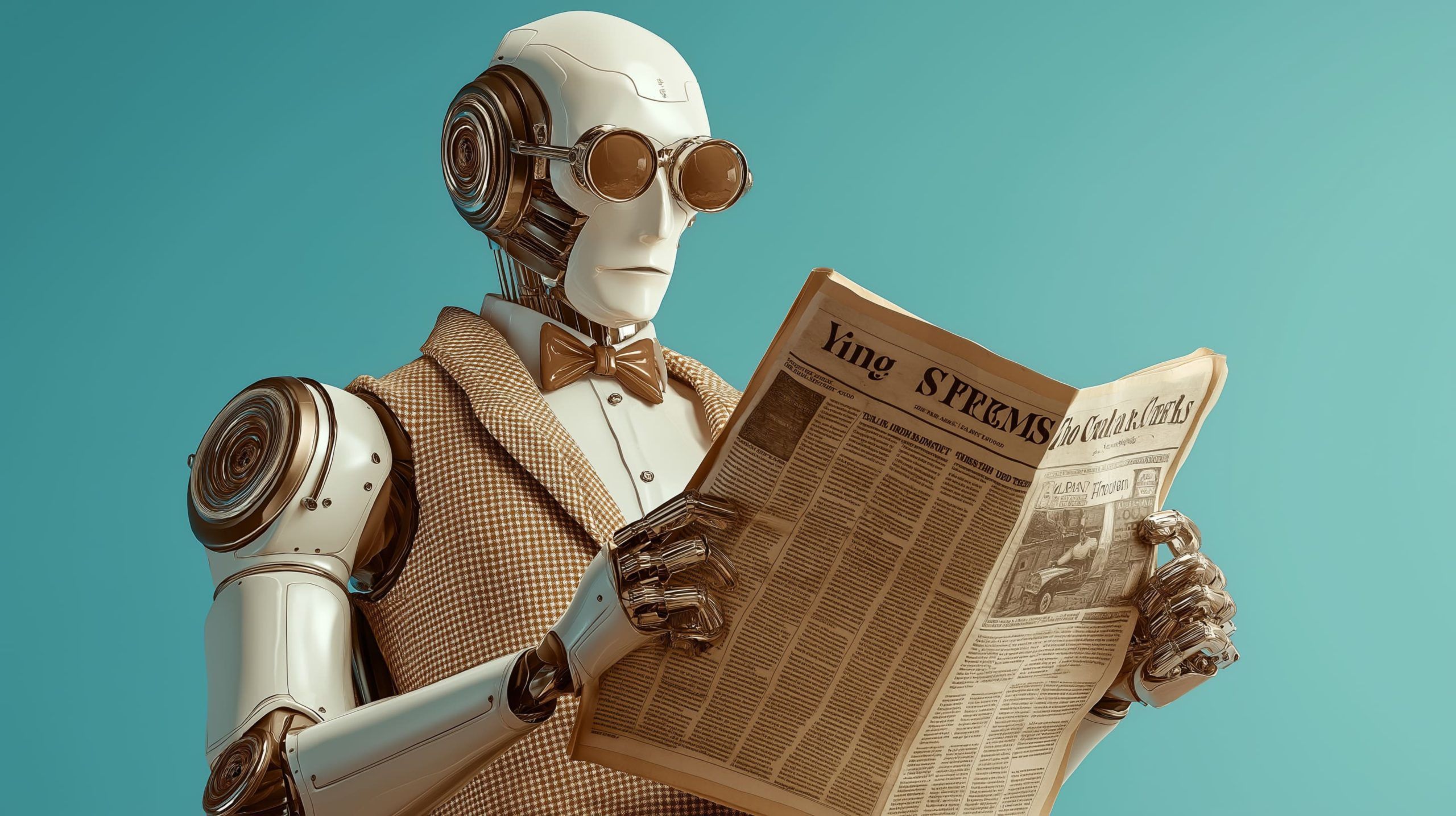
AI Breakthroughs, Billion-Dollar Bets & Backlash – Global AI News Roundup (Aug 14–15, 2025)
OpenAI released GPT-5 in August 2025, described as multiples more capable than the previous generation by Kunal Kothari of Aviva Investors. Anthropic unveiled Claude for Financial Services in mid-July 2025, setting context for the GPT-5 release. Apple plans a desk
15 August 2025
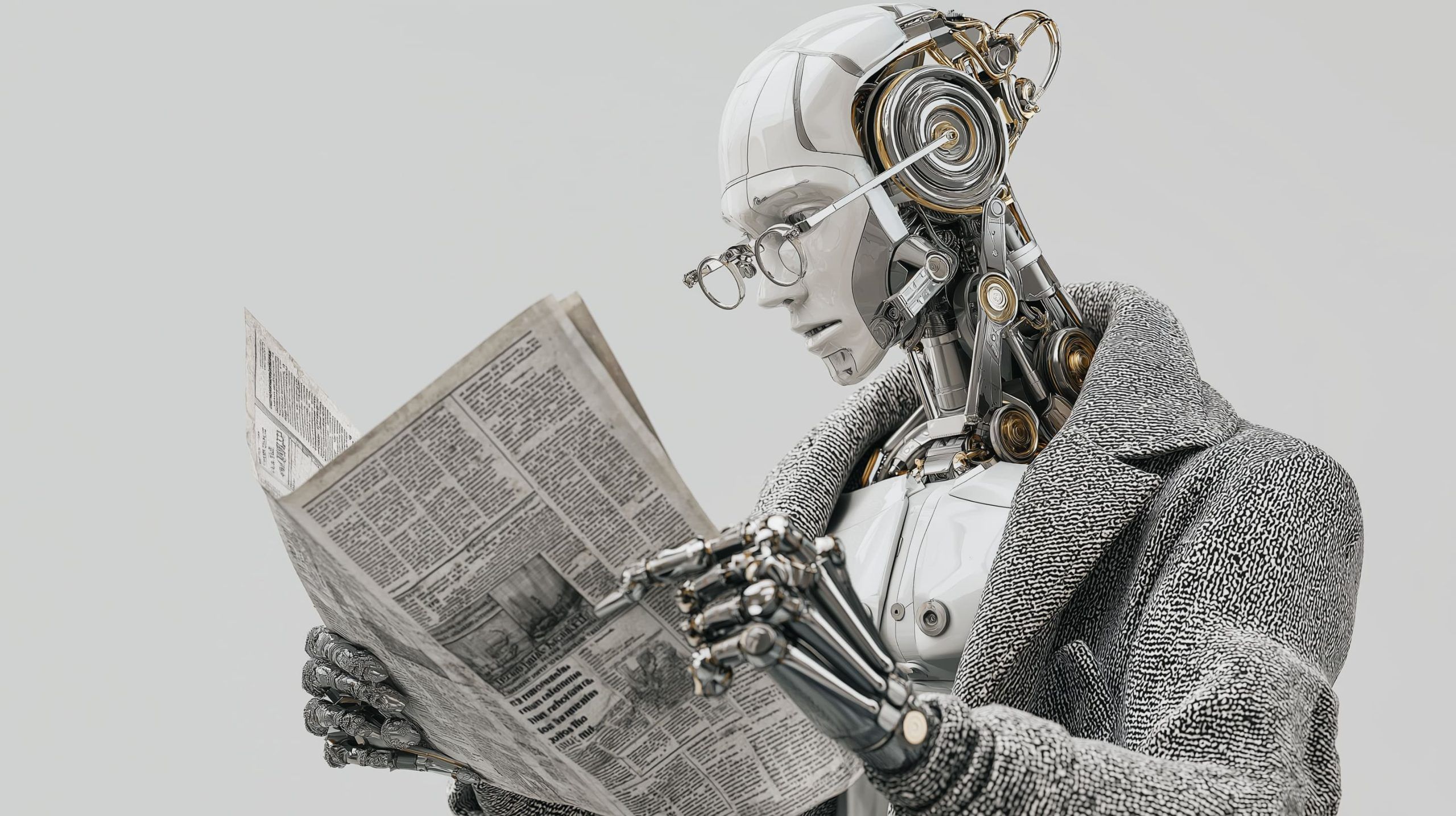
AI Frenzy: Billion-Dollar Deals, Breakthroughs & Backlash (Aug 3–4, 2025)
On August 2, 2025, the EU AI Act reached a milestone with governance standards, general-purpose AI (GPAI) classification and a sanctions regime coming into force, as Alphabet’s Google signed the EU’s voluntary AI Code of Practice while Meta declined. A
4 August 2025

Inside the NSFW AI Revolution: How AI-Generated Porn Is Changing the Game and Courting Controversy
The Take It Down Act was passed in April 2025 and signed into law in May 2025, making it a federal crime to create or share nonconsensual AI-generated intimate imagery and requiring platforms to remove such content within 48 hours.
30 July 2025

Grok 4: Inside Elon Musk’s Most Powerful (and Controversial) AI Chatbot Yet
Grok 4 was unveiled on July 9, 2025 in a live stream on X, with Elon Musk calling it “the smartest AI in the world” and claiming it is “postgrad-level in every subject.” Grok 4 can use tools natively, perform
28 July 2025
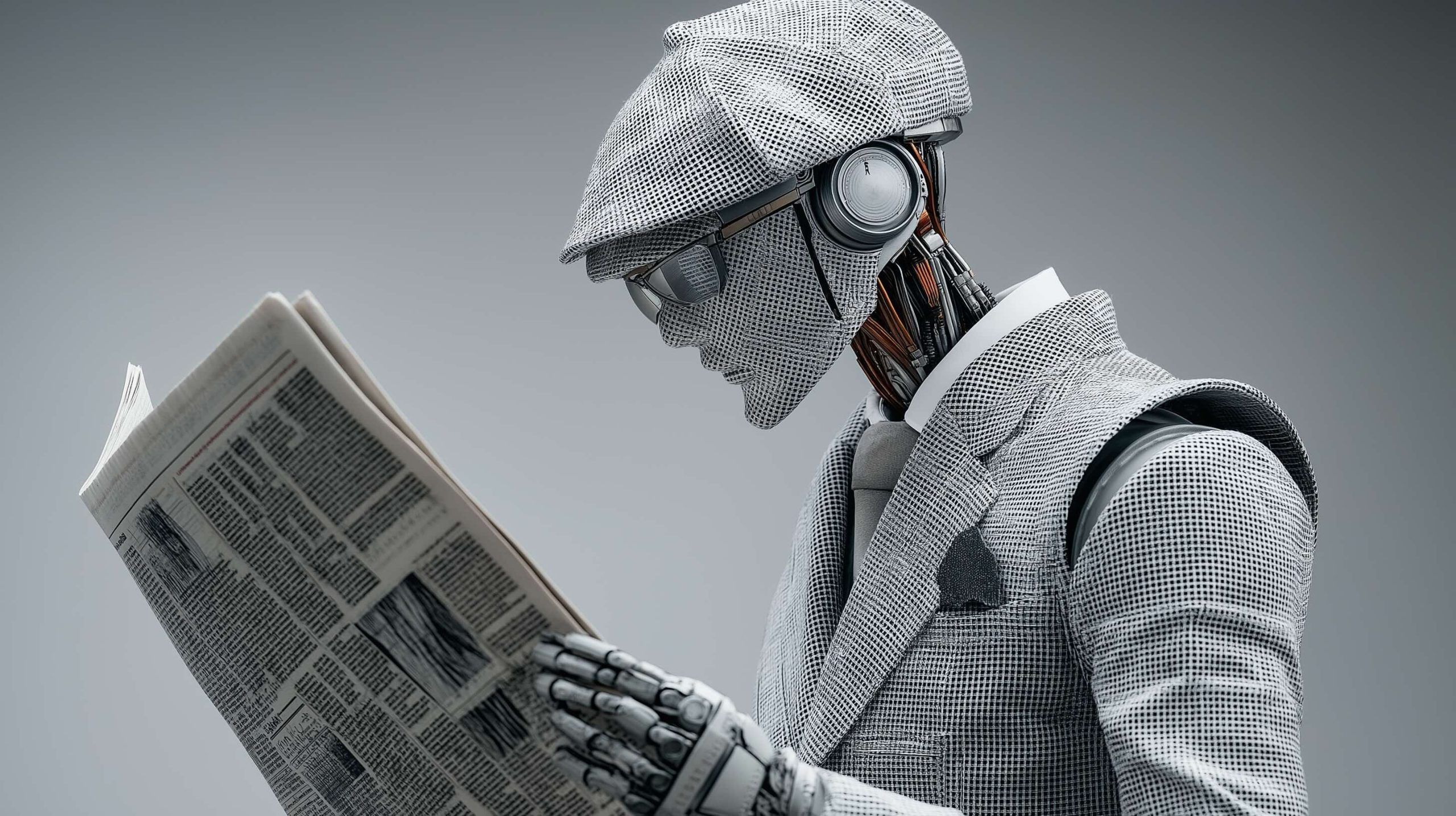
AI Breakthroughs, Bold Plans & Backlash: Inside the 48‑Hour Global AI Frenzy (July 23–24, 2025)
On July 23, 2025, President Donald Trump unveiled the U.S. AI Action Plan to pursue “global dominance” by promoting open-source AI models worldwide and slashing regulatory barriers to innovation. The plan includes tracking advanced AI chips to prevent exports to
24 July 2025